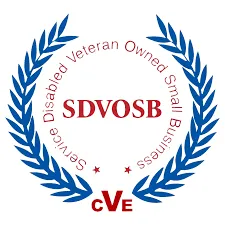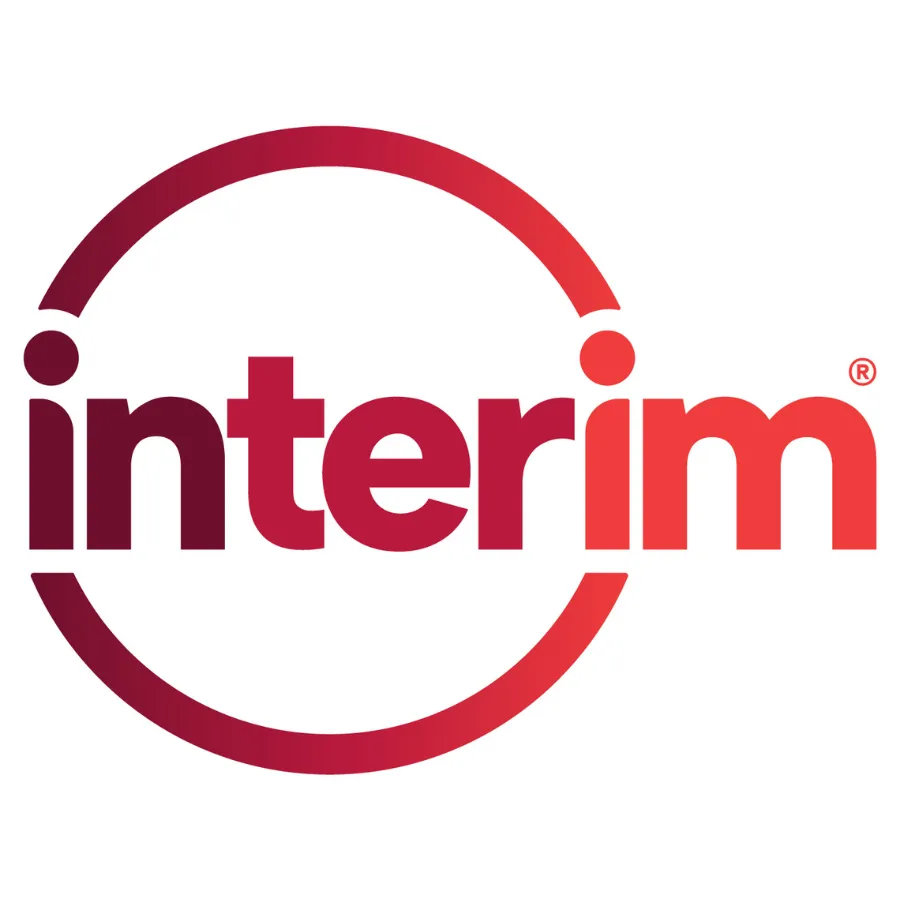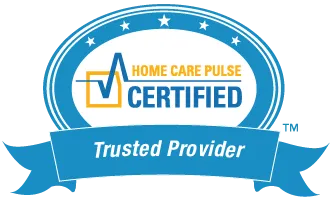Private Caregiver
What it is
A private caregiver is someone hired directly by the family to provide in-home support for an aging parent. This could be a neighbor, friend, or independent caregiver found through personal referrals, online listings, or “gray market” care sites. The arrangement is usually informal, with the family serving as the employer.
Pros
Lower hourly cost – Private caregivers often charge less than an agency, since families pay them directly.
Personal choice – Families can hand-pick the person they feel comfortable with.
Flexibility – Terms can be negotiated directly without agency policies.
Consistency – If the caregiver is reliable, the parent may enjoy a steady one-on-one relationship.
Cons
Employer responsibilities – The family becomes the legal employer, responsible for payroll taxes, workers’ comp, unemployment, and liability.
No backup plan – If the caregiver is sick, quits, or doesn’t show up, there’s usually no one else to cover.
Risk exposure – Families may face liability for accidents, injuries, or theft if proper insurance isn’t in place.
Lack of vetting – Background checks, drug testing, and credential verification are often skipped.
Limited oversight – No professional management, training, or quality assurance — success depends entirely on the caregiver.
Blurry boundaries – Personal relationships with caregivers can become complicated or uncomfortable.
It's right for you if:
You’re comfortable handling taxes, payroll, and employment law responsibilities.
Your family has backup options if the caregiver is unavailable.
You prioritize saving money over professional oversight and safeguards.
Your parent’s needs are stable and predictable, with limited risk if a caregiver cancels or quits.
Finally:
Hiring a private caregiver is usually the choice for families who want a low-cost option and are willing to take on the risk and responsibility of being the employer. It works best when the parent needs only part-time, consistent support, and the family is confident they can manage oversight, liability, and backup coverage themselves.


